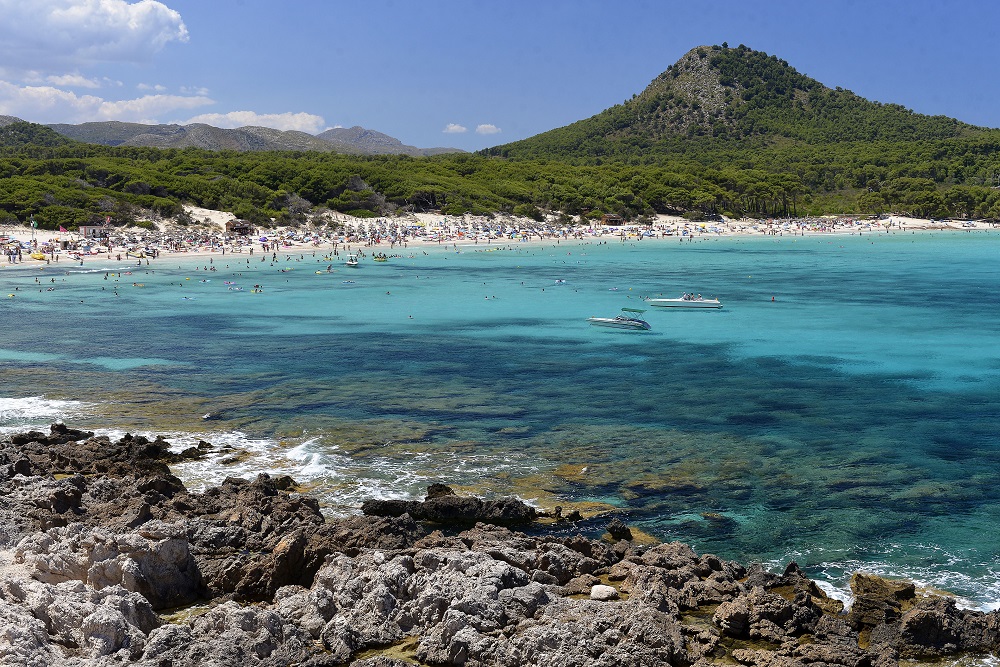There is currently a humanitarian crisis in the Mediterranean as no fewer that 19,301 persons trying to migrate to Europe have died on the sea in the last six years, according to International Organisation for Migration (IOM) in Italy.
Spokesperson of IOM in Italy, Flavio Di Giacomo, while speaking in Rome, at a workshop organised by the IOM in collaboration with Associazione Carta di Roma for media professionals from Africa and Europe who are covering migration issues, said urgent steps must be taken to stem the tide.
Nigerians are among Africans at the top of the list of migrants attempting to enter Europe through the Mediterranean Sea with thousands currently stranded in Libya enroute Europe. IOM has facilitate the return of at least 14,000 stranded Nigerians from Libya since 2017.
A total of 105,425 migrants arrived in Europe by crossing the Mediterranean Sea in 2019, according to IOM (as of December 19).
While the number of people who crossed the Aegean Sea from Turkey to Greece doubled compared to 2018, the number of people taking the Central Mediterranean Route (mainly from Libya and Tunisia to Italy and Malta) and the Western Mediterranean Route (from Morocco and Algeria to Spain) decreased significantly.
According to Info migrants, the Central Mediterranean region saw 14,500 migrant arrivals via that sea route in 2019 (as of December 19). That’s far fewer than in 2018, when 24,815 people arrived that way.
The Western Mediterranean Route, meanwhile, saw 24,759 arrivals in 2019 – the number of arrivals in 2018 was more than twice as high (58,525).
In the Eastern Mediterranean, between Turkey and primarily Greece, but also Cyprus, there were 66,166 sea arrivals last year, which is almost twice as many as in 2018 (33,536).
Despite this notable decrease in arrivals, Giacomo insisted, “The emergency we have is not the number of people who come to Europe but those who died on the sea”, adding that it was the role of journalists to help tackle this.
Crossing the Mediterranean Sea continues to be one of the deadliest migration routes worldwide. IOM estimates that there were at least 3,170 migrant fatalities worldwide in 2019 (as of December 19). More than a third of that – 1,246 migrants – are estimated to have died in the Mediterranean.
In 2019, more than half of Mediterranean migrant deaths happened on the ‘central route’ – though it accounted less than 14% of all crossings. 227 migrants were reported dead or missing on their way from Tunisia to Italy or Malta; 516 between Libya and Italy/Malta. Altogether, 3.4% of people trying to cross the central Mediterranean died.
Roughly one third of Mediterranean migrant deaths (432) took place on the ‘western route’ – mostly between Morocco and Spain, but also between Algeria and Spain. The death rate here was 1.5%.
The number of people who have been reported dead or missing in 2019 was comparatively low on the ‘eastern route’’ between Turkey and Greece/Cyprus: just 71 migrants, according to IOM. That means that 0.1% migrants who attempted that crossing died.
“We can’t tell them not to leave but we want to inform them of the dangers so that the people who leaves know what they will face on their journey,” he stressed.
While noting that Europe had closed channels of immigration which made it difficult for anyone to migrate to Europe, Giacomo said this information must be taken across to countries of departure in order to save lives of those ignorantly leaving for Europe.

 Join Daily Trust WhatsApp Community For Quick Access To News and Happenings Around You.
Join Daily Trust WhatsApp Community For Quick Access To News and Happenings Around You.

